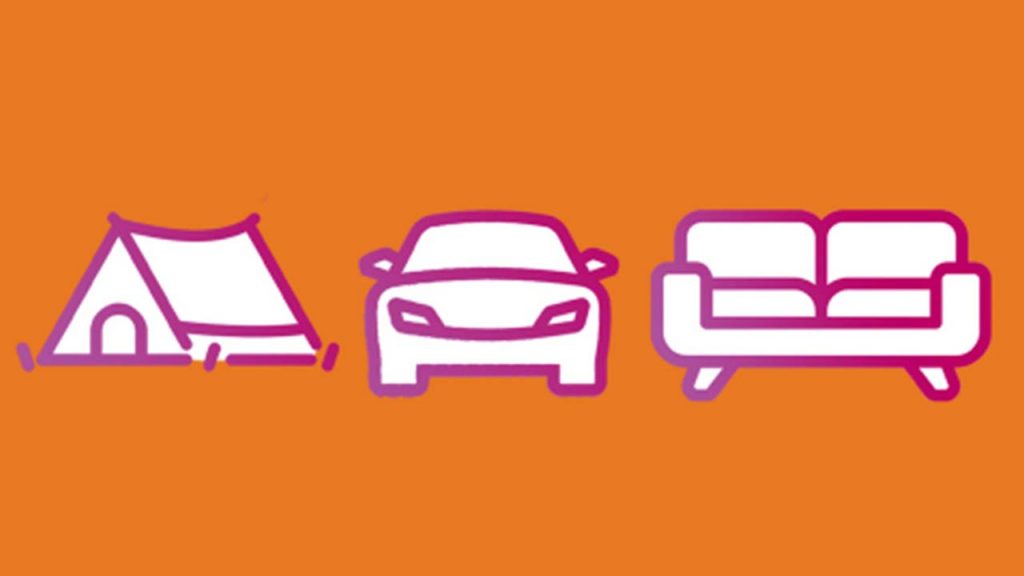“One Night Without a Bed” Aims to Raise Awareness On the Youth Homelessness Crisis
The Detroit Phoenix Center’s challenge aims to create a conversation around and increase understanding of young people experiencing homelessness in the city of Detroit.

Through its month-long “One Night Without a Bed” challenge, the Detroit Phoenix Center aims to raise awareness about the youth homelessness crisis.
According to the organization, 4.2 million young people around the world experience homelessness each year. The Phoenix Center is encouraging community members to sleep one night without a bed, anywhere, as long as it’s out of their comfort zone.
“Young people that are experiencing homelessness here are often hidden in plain sight.” — Courtney Smith, Founder and CEO of Detroit Phoenix Center
“We’re not saying that one night, anyone will understand or have experiences with being homeless,” explains Courtney Smith, the CEO and Founder of the Phoenix Center. “But what we’re asking is just for folks to make themselves uncomfortable so that a young person doesn’t have to be. Raising awareness is making an invisible crisis visible. And we’re asking for a donation to the Detroit Phoenix Center to continue to provide the critical resources and support that we provide to young people that are at risk and actively experiencing homelessness year-round.”
As COVID-19 continues to surge in the state, shelters are pushing to stay open as long as possible in order to serve as many people as possible but, unfortunately, they cannot support everyone. “Folks [are still being] financially impacted by the pandemic, but a lot of the social support has been cut,” says Smith. “We’re seeing a lot of need and, of course, there are never enough resources. But we’re bridging the gap where we can by providing drop-in services, and then also food and emergency rental assistance, and hotel vouchers for folks who need emergency shelter.”
Smith says young people in and around Detroit are facing an invisible crisis.
“Young people that are experiencing homelessness here are often hidden in plain sight,” she says. “They’re couch surfing, they’re living doubled up, they’re staying with family and friends. And oftentimes, they’re not the young people that you see on the side of the street holding a sign.”
Smith says with the end of rent moratoriums in the city, it’s important that more people are aware of what homelessness looks like in teens because the signs can be very subtle.
“Some of those indicators in our world if a young person is experiencing food insecurity … if they may be asking for food, right? That’s an indicator or if they’re continuing, if there’s chronic absenteeism from school, if they’re missing a lot of days in school.”
“One Night Without a Bed” launched on November 30 and will run through the end of December.
Trusted, accurate, up-to-date.
WDET strives to make our journalism accessible to everyone. As a public media institution, we maintain our journalistic integrity through independent support from readers like you. If you value WDET as your source of news, music and conversation, please make a gift today.
